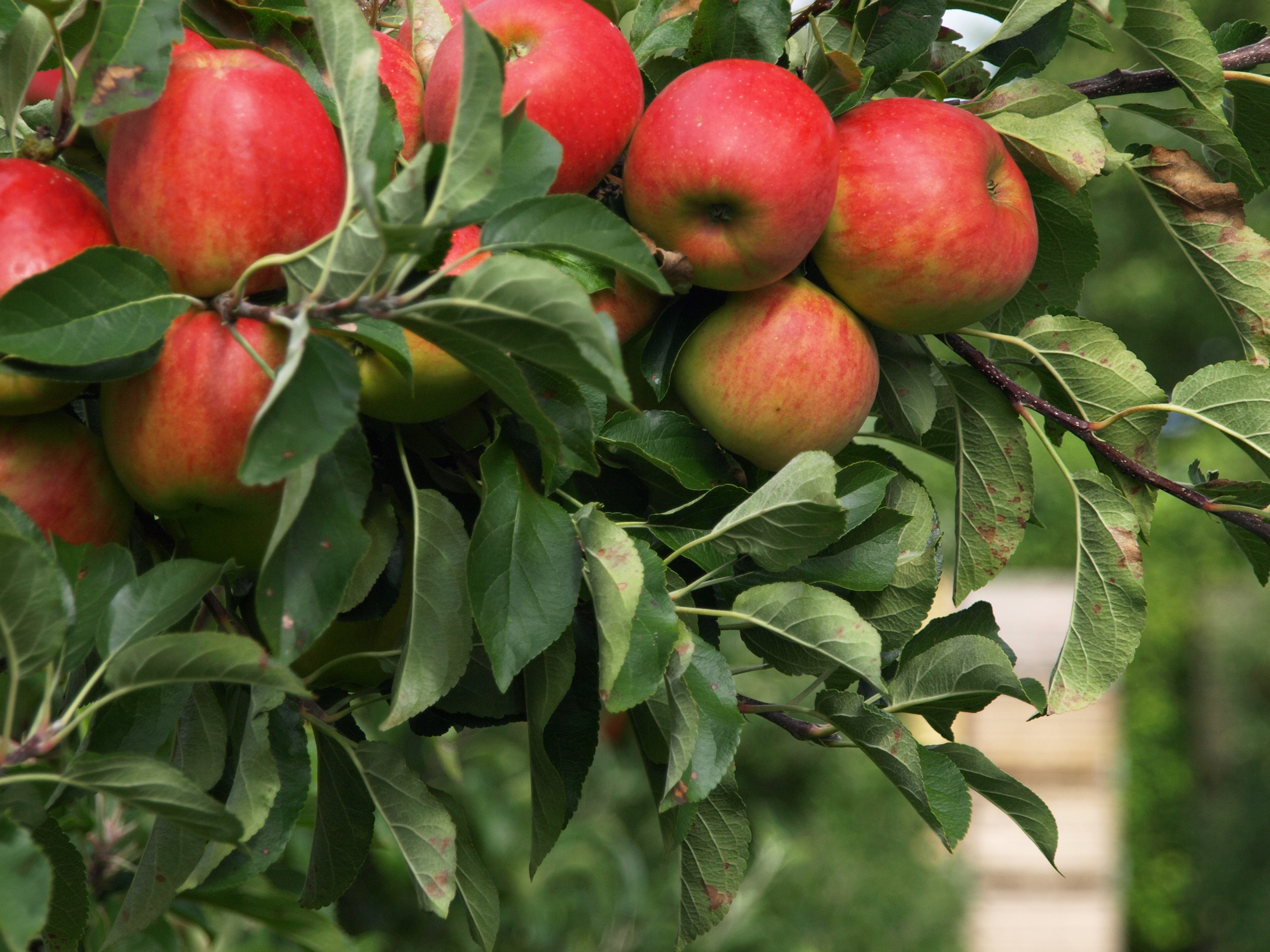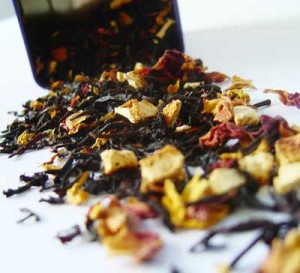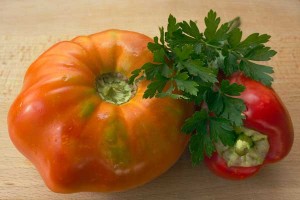This is probably the most contentious issue when it comes to any kind of organic product. Why does it always cost more than conventional? Shouldn’t something grown or raised with fewer chemical additives also cost less? This question doesn’t just come up for organic food, but also clothing, cleaning and paper products and any other household items. Why does organic cost more?
There are several reasons for this, all linked together.
When you grow any kind of produce (or raise livestock for that matter) you are going to reduce your losses by using chemicals. Whether its pesticides to repel insects, or antibiotics to keep animals healthy. These things are done to provide the farmer with the least amount of loss each season. When you take that away, losses will typically go up which means their profit goes down. Good rigorous organic techniques can help but its not always enough. This means that growers and farmers have to charge more for their wares.
Along with this is that it will take more time to manage crops without the added protection you’d get from the chemicals. Using natural pesticides usually means they need to be applied more often, for example. Trying to manage weeds without herbicides can take a lot of time as well. All of this means that it costs more in manpower hours to produce a crop. Again, that raises the price.
Artificial fertilizers will greatly boost the productivity of crop plants, so an organic farmer will end up with a smaller harvest when compared to a conventional farmer. So for an acre of planting, the organic farmer may end up with less even if they are able to keep the insects at bay.
And you can’t forget the age-old concepts of supply and demand. Since the demand for organic products is small (ironically, it’s small because of the cost in most cases), farmers have to charge more to earn a living from the smaller number of sales.
As more and more people are choosing organic foods, the costs will come down due to the increased demand. Manufacturers are able to reduce their costs when producing anything in larger quantities, and the same goes for most organic food products though not necessarily for actual whole fruits and vegetables themselves. But overall, the greater the production level, the lower the costs will be.
The costs should also come down as more farmers investigate organic growing concepts and get better and utilizing them instead of resorting to sprays. The learning curve isn’t too steep but it can take a while for the ideas to develop and improve enough to become as productive as old conventional methods.
All of these reasons work together to create an environment where organic foods cost more. Thankfully, the demand is still growing which will slowly but surely improve the market and costs will naturally come down to where it will make sense to buy organic whenever you can.



